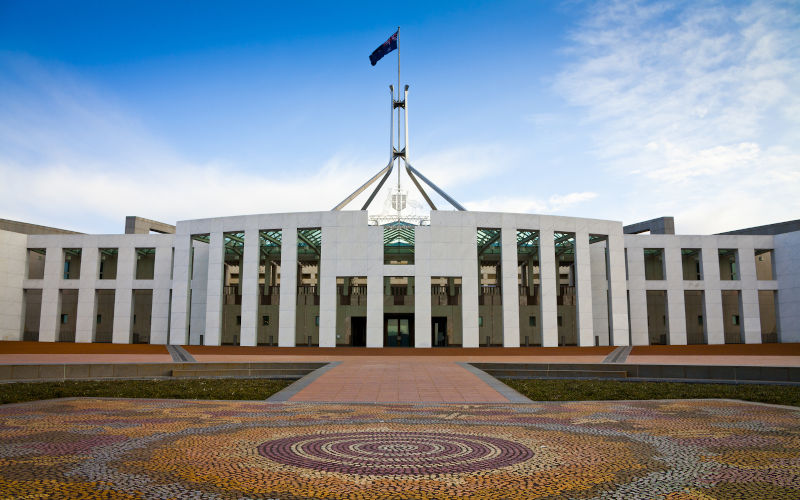What now for government in Australia?
June 22, 2022
Now that the ALP has formed a government, we should ask what it can practically do to restore governance in Australia and convince the Australia public of the massive task it, and the public confront, in the face of so many festering problems. This task will not be easy, but a comprehensive narrative will have to be developed and communicated, laying down unequivocally the nations problems and their solutions.
Huge expectations have been built up in response to two related causes. The first is the almost complete lack of action done on anything except tax cuts and culture wars over the past nine years, the exception being the economic stimulus afforded during the COVID crisis. Secondly, is the perception amongst progressive groups that existential problems for the country have arisen over the last nine years. These involve most areas of government, but especially climate change, economic equity, foreign affairs, education at all levels, health and corruption. The relevant problems have been well canvassed in various publications from well before the election campaign. However, they have tended to be regarded as individual problems rather than being interrelated in a totalistic view of what government does.
If considered to be interrelated, then this requires a systemic approach where arguably everything in the nation is part of a whole, even where it remains practicable to treat the responses to the problems at an individual level, at least in the short-term. However, it was always the strategy of the LNP to treat each of the problems as entirely individual due to their unfettered belief in small government. The ALPs victory, in conjunction with support from the cross bench, provides an opportunity for the enlarging of government activity and a reaffirmation of the totalistic role of government and the public service.
Immediate and comprehensive action on climate change, economic inequity (= housing, real wages), aged care, corruption and a mature approach to foreign affairs might perhaps be signalled as the initial priorities. Specifically, on dealing with climate change, problems immediately arise when it is recognised that the National Party lost no seats and the LNP continued to poll well in Queensland outside of Brisbane. The National Party and many conservative voters seem not to accept human activity as a cause of climate change and in the Queensland coal mining regions there seems to be resistance to taking any action that might reduce coal exports. Even now it has been suggested the ALP government is not going to radically phase out coal exports.
Yet the extent of the vote for the Teals and the Greens announces a mandate for the government to take much stronger action on reducing the causes of climate change, even where this requires unpopular decisions in the short-term.
As for economic inequity this has to recognise the unsustainable level of house prices, the near absence of real wage increases, the mass transfer of government money from the public sector to consultants, and the minimal tax being paid by the large corporations. There are solutions (abolition of negative gearing, making the Fair Work Commission an independent body, taking advice from the public service, and changing the laws pertaining to the tax requirements of foreign companies in Australia) to all these problems. These will not be easily solved in the space of one three-year period of government. But the government can make a start by placing equity at the centre of its policy statements and processes, and of explaining why this should be within the framework of a larger narrative for the future of the country.
The establishment of a completely independent commonwealth ICAC body needs to be introduced as soon as possible, with accompanying explanation as to why honesty in government needs to be restored. Given numerous surveys have shown a collapse in the publics belief in the honesty of politicians, anything that will begin to work against this will be welcome. It may even inspire voters to interact more with their elected representative. Especially so if they believe what they say will be listened to and their voice is not going to be continually overridden by the large donors to the two major parties.
Finally, the female voice will have to be more integrated into a large political narrative. Apart from more women in elected positions I am not sure how this can be done, though the Teals and the Greens will make a serious contribution here. It seems as though the female voice is much more concerned about the negative effects of climate change, aged care and child care than the male voice. The new government will have to work these concerns into their narrative without for all that exacerbating a difference between male and female voices.
All of this is likely going to take two terms. The enunciation and communication of a broad vision will help individual policy implementation and inculcate the much larger issues like climate change and economic equity in the minds of the voters. Some of the media will of course repudiate it, yet it is an imperative that a new government define an overarching narrative, one not focussed on the complete absence of policy associated with the last prime minister.

